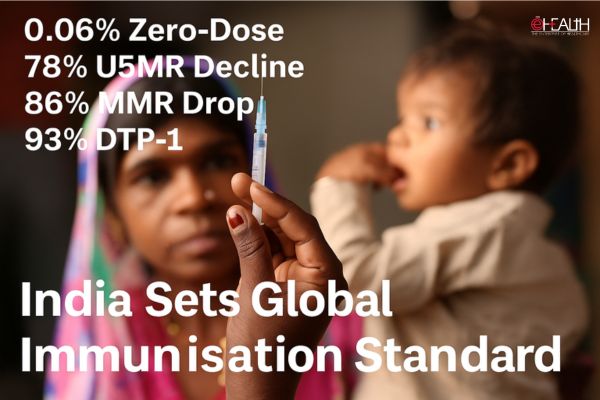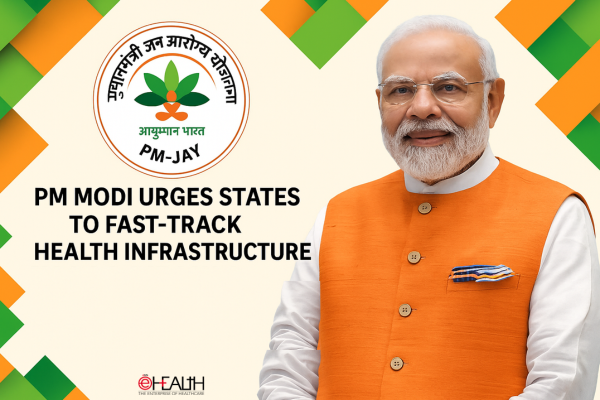
Lockdown has made people with anxious personality and temperament more vulnerable to Obsessive Compulsive Disorder (OCD). Children from 8-12 years are opted for counselling and consultation in the last 2-3 months for OCD, symptoms are worsening in adults, inform mental health experts.
According to experts even before the COVID 19 pandemic threw us out of gear, India already had a high burden of mental illnesses. As per a comprehensive study published in the Lancet Psychiatry, India had 46 million depression patients and another 45 million suffering anxiety disorders. One in every seven Indian was estimated to be suffering from a mental disorder.

Highlighting the reasons for the upsurge in anxiety spectrum disorder experts cite that for three months people were locked inside working from home, suffering from fear, anxiety, isolation and the burnout from the work and now that the lockdown has been removed working community is complaining of issues such as anxiety, frustrations, burnouts due to the work from home culture dominating their personal life.

Further informed that shrinking economy is one of the reasons for people to suffer from depression, anxiety, fear etc. According to the survey conducted by the Indian Psychiatry Society, the number of reported cases of mental illness had risen by 20 percent in just one week of the lockdown announcement.

Also read: Anxiety & Depression: When parent must start a conversation

“It is an extremely worrying situation for mental health in India. India already had a high but under-treated burden of mental illnesses, but with COVID 19 ushering in a prolonged state of threat, uncertainty and insecurity, we are witnessing a significant rise in cases of anxiety, OCD, depression and suicidal tendencies. In the last four to five months we have seen an upsurge in anxiety spectrum disorder especially, Obsessive–compulsive disorder (OCD). The children with the age group of 8 to 12 years are facing anxiety and anger issues along with the OCD, we have seen around eight such cases in the last two to three months which are very high as compared to Pre COVID times. Infact children are showing classic OCD symptoms like Ruminations and intrusive thoughts, excessive cleaning, Worrying about getting hurt, constant awareness of blinking, breathing, or other body sensations. The symptoms are worsening in adults. Lockdown has surely made a person with anxious personality and temperament more vulnerable to OCD.” said Dr Preeti Singh, Senior Consultant – Clinical Psychology at Paras Hospital.
While high income countries have a healthy average of six psychiatrists per 100,000 population, in India there is not even 1 psychiatrist available per 100,000 population. Mental health experts have for long underlined the need to increase policy thrust on mental health and awareness. While in the long run, we need to churn out more psychiatrists and improve mental care accessibility in rural areas, more innovative ways are needed in the immediate term. These may include using our primary healthcare workforce and training them in offering counselling and basic support apart from leveraging tele-consultation in a major way for psychiatric purposes.
Dr Gurpreet Sandhu, President, Council For Healthcare & Pharma, A health advocacy and global think tank said, “Spurred by COVID, the recent shift to telemedicine and therefore the rise in accessing mental health and counselling services online and remotely will prove to be helpful in meeting this growing challenge. Telepsychiatry not only assures privacy and anonymity but is also expected to bring down costs for patients. Given the overwhelming concentration of mental health specialists in big cities and urban areas, telepsychiatry can also go a long way in addressing the needs of mental health patients in smaller towns and the countryside. The priority should be to make people aware of these services. At the same time, it is imperative to develop standardised assessment tools and methods accounting for the socio-economic, cultural and demographic specificities of rural areas and the hinterland.”
A few recent studies have indicated a clear increase in instances of self-harm and suicidal tendencies among people post the coronavirus pandemic. Mental health helplines have reported a significant rise in queries. As the health threat is compounded by job losses and financial insecurity in the face of a full blown economic recession, mental illnesses are further expected to rise in the coming months. In general, roughly 41.9 percent women suffer from neuro-psychiatric disorders as compared to 29.3% for men in the world (WHO Action Plan 2013-2020). Going by the above data it is quite natural for us to believe that figures must have touched a new high in these unusual times.
Amritah Sandhu, Founder and Director of Care India, a wellness pharmacy working for women health in rural areas said, “With the pandemic leading to major uncertainty and insecurity, the question has once again raised on India’s chronically low expenditure on mental health. This is turning out to be a major bane as the country witnessed a major surge in mental illnesses in a post-COVID 19 world. The worst hits are women. A survey carried out by the Royal Society for the Encouragement of Arts, Manufactures and Commerce (RSA), found women who are currently in work are substantially more anxious about their economic prospects in the wake of the pandemic than men. Most women feel that the money concern prompted during the pandemic is directly affecting their mental health. The pandemic has added new threats to livelihoods and job losses in the minds of the women. Besides that, the women in the healthcare sector are deeply bothered about their health and they feel they can anytime succumb to the deadly infection. The government needs to consider how its new economic measures will deal with this unequal division of labour, and make sure that women are properly supported, not least through access to proper mental health services at home”.
The psychological impact will stay for a longer time to come across the age groups, more so in children and men. Government still has to come a long way to meet the mental health needs in the current pandemic situation. Suicides, anxiety, reactive depression, alcoholic harmful use, domestic violence, marital discord, behavioral and emotional problems in children and adolescents have increased significantly. Even after this pandemic is over and the vaccines are out the psychological impact will stay for a much longer time so people need to be aware in the time to come and seek appropriate measures.
Be a part of Elets Collaborative Initiatives. Join Us for Upcoming Events and explore business opportunities. Like us on Facebook , connect with us on LinkedIn and follow us on Twitter , Instagram.
"Exciting news! Elets technomedia is now on WhatsApp Channels Subscribe today by clicking the link and stay updated with the latest insights!" Click here!
















